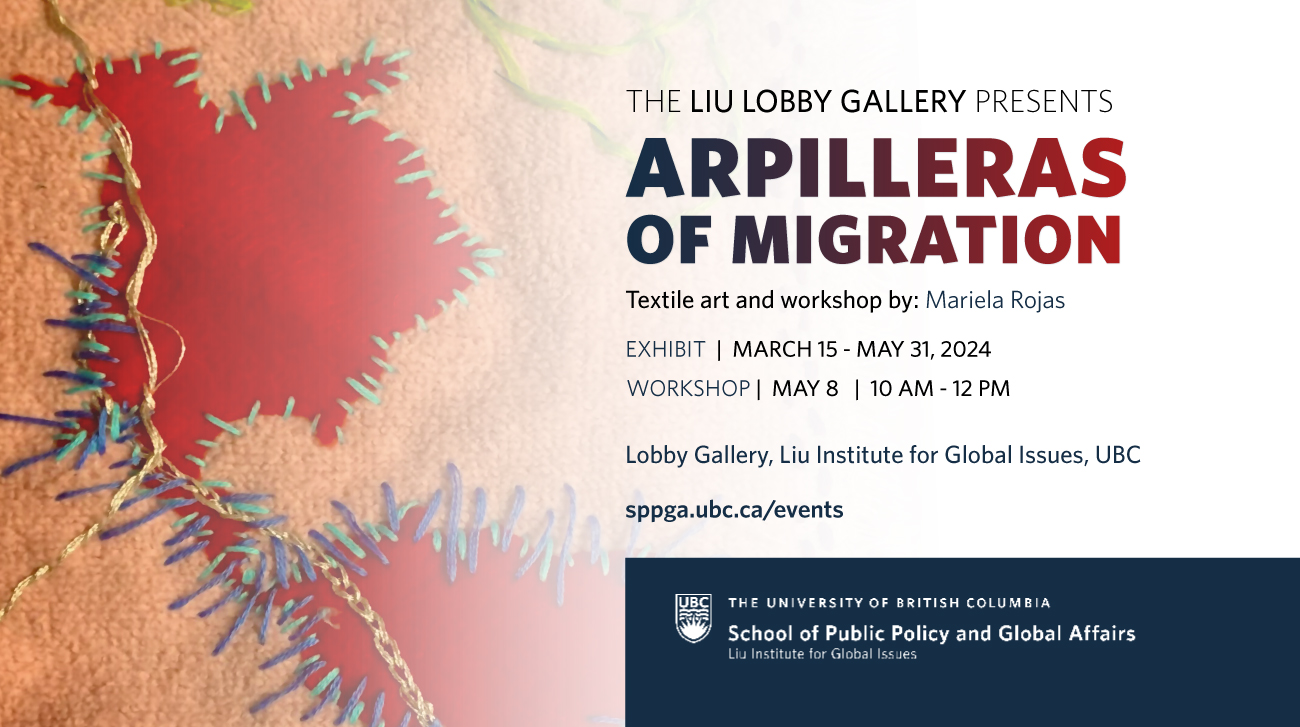In Virtual History (1998), Niall Ferguson and his collaborators presented “alternative histories” to challenge deterministic ways of viewing history. They asked why history had to be always factual, deliberately implemented the idea of taking a “chaotic approach” to history, and wrote counterfactual scenarios. Certainly, writing subjunctive narratives was difficult to take for many historians, but it had a point; it made us aware of the nature of negotiating two genres, fiction and non-fiction.
The line between real and imaginary storytelling has always been blurry. To make matters more complicated, our contemporary world is highly digitized, and we are put in the situation where we need to construct the distinctions between “virtuality” and “reality” through everyday activities associating with new media. It has become apparent that the ideas of “virtual history” have expanded greatly in the past two decades, so why don’t we confront the term once again and examine it for ourselves?
This talk begins with a note on literary genres and makes an assessment of the state of the field—digital humanities. We will examine logics, techniques, and rules used in real and imaginary storytelling, and we will see how increasingly history is told in “virtual” space. Furthermore, viewing some sample works of digital history, we will notice that virtual history is no longer subjunctive or counterfactual; digital history, which presents a mediated or augmented reality, is now perceived as “history,” that is, non-fiction.
This critical change is directly related to the ideas of historicity, and the goal of this talk is precisely to point out how digital humanities are placing history in overlapping areas of fiction and non-fiction and widening the capacity of our historical consciousness. Because I will use samples dealing with Japanese history for this talk, we will discuss ways of presenting Japanese history with or without new media. Will the treatment of the subject change? If so, why? I will demonstrate concrete examples from the pre-modern society for faculty, students, and other audience members to voice their opinions.
Speaker: Dr. Tomoko L. Kitagawa (University of California, Berkeley)
